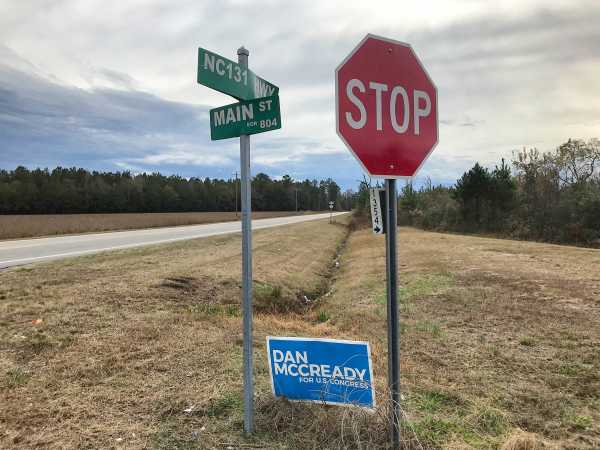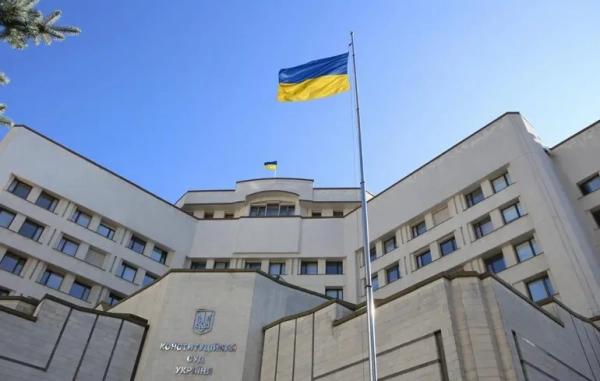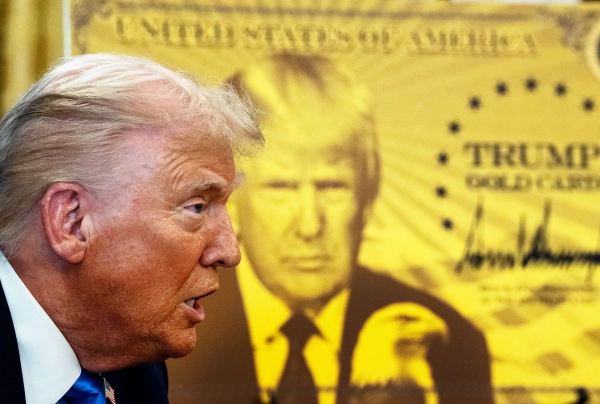
In North Carolina, allegations suggesting ballot tampering have led the state elections board to delay certifying the results of one House election. State officials are now issuing subpoenas and gathering evidence for a public hearing to be held later this month. It’s safe to say something is amiss.
But what exactly happened in North Carolina’s Ninth Congressional District hasn’t fully been revealed. Instead, we have an incomplete tapestry of sworn affidavits and press reports that suggest, but don’t definitively prove, a coordinated effort to influence one of 2018’s closest House elections.
Republican Mark Harris beat Democrat Dan McCready by less than 1,000 votes on Election Day. But those results are tainted by explosive allegations involving a local political operative who was working for the Harris campaign and a scheme to collect and possibly tamper with absentee ballots.
There is an obvious irony in a Republican campaign being tarnished by allegations of election fraud after the GOP spent last month peddling unsubstantiated claims of voter fraud in Florida and Arizona. But it’s important to remember there is still a lot we don’t know yet about the situation in North Carolina. The authorities haven’t officially accused anybody of any specific wrongdoing yet.
Taken together, the evidence we have points to a highly unusual, coordinated system for collecting absentee ballots in the Ninth District. But what happened to the ballots, whether it amounts to illegal activity, and how much the Harris campaign actually knew about the plot are the most important questions left to answer.
The state elections board has set a hearing for December 21 to review the evidence of possible fraud. It is within the board’s legal authority under state law to call a new election if the basic fairness of last month’s election is in doubt.
This is the strange saga they will be trying to untangle for the next few weeks.
What we know — and don’t know — about the alleged ballot tampering
It’s important to remember two things about absentee ballots in North Carolina: Anybody can request one, and, at the end of every day before the election, state officials publish a file of which voters requested an absentee ballot by mail and whether they have returned it to be counted.
A campaign could wake up every morning and check that file to know how many registered Republican, Democratic, and unaffiliated voters had requested and returned a mail-in ballot.
“From a mechanics point of view, this is a gold mine of information for candidates and their campaign,” Michael Bitzer, who follows North Carolina politics at Catawba College, told me.
With that in mind, here is what we know so far about the alleged ballot tampering scheme in the North Carolina Ninth Congressional District:
- Two counties in the district, Bladen and Robeson, had an unusually high number of absentee ballots that were requested but not returned for the 2018 election.
- Several voters in those counties said in sworn affidavits that an unidentified woman came to their house and collected their absentee ballots. One voter said the woman promised to finish filling out the incomplete ballot for them. Another voter said the ballot was not signed or sealed when the woman took it.
- In an interview with WSOC, the voter who said she’d selected her choices for only two offices on the ballot before handing it away identified Lisa Britt as the woman who collected her mail-in ballot.
- Britt is the stepdaughter of Leslie McCrae Dowless Jr., a political contractor in the area, BuzzFeed News reported.
- Dowless was paid by the Harris campaign and was doing absentee work specifically, according to the Charlotte Observer and other affidavits sent to the state elections board. He was previously caught up in allegations regarding absentee ballots in 2016. The Harris campaign still owes $34,000 for absentee ballot work it hired outside contractors for, the New York Times reported.
- Britt and another woman related to Dowless, Jessica Dowless, told BuzzFeed News they were working for Dowless at an office during the campaign. They described counting the number of Democrats and Republicans who had voted. Absentee ballots were collected and brought to the offices. Dowless was paying his workers cash, even buying one person a car, and some of the staff were using drugs while on the job, per BuzzFeed News’s reporting.
- Britt and Jessica Dowless were two people who witnessed an unusually high number of absentee ballots that were submitted in Bladen County, according to Judd Legum at Popular Information. Jessica said she was asked to witness ballots that had been brought back to Dowless’s offices.
That is a lot of smoke, and you can see the contours of the scheme: People working to support the Republican campaign were collecting absentee ballots en masse and serving as witnesses for them.
But we don’t know a few critical pieces of information:
- What actually happened to the ballots that were requested but not returned in Bladen and Robeson Counties?
- How much did the Harris campaign know about Dowless’s activities?
- Was the unusual activity limited to Bladen and Robeson Counties, or are absentee ballots from other counties also in doubt?
Without the answers to those questions, it’s hard to say definitively what the precise scheme was. There are legitimate concerns those ballots were mishandled, given the testimony of ballots that were collected unfinished or unsealed. We can say that much for sure.
But the list of outstanding questions is long. Another one: Were specific voters targeted? Jessica Dowless indicated to BuzzFeed News that ballots for Democratic or black (or both) voters were a focus, but then later seemed to walk that back.
Bitzer ran the numbers and found something odd about the absentee ballots in Bladen County: Harris would have needed to win every single unaffiliated voter and a good number of Democrats in order to rack up the margins he saw on absentee ballots there.
But again, that data gestures at impropriety but doesn’t provide a smoking gun. That’s what we’re waiting on.
What happens next: maybe a new election
The state board took these allegations seriously enough to vote unanimously — with four Democratic members, four Republicans, and one unaffiliated member — not to certify the results from the Ninth District. Seven of the nine board members, with the exception of two Republicans, agreed to delay certifying the results until an evidentiary hearing on or before December 21.
Democrats want further investigation into these various allegations of odd behavior and possible tampering, and the state board seems ready to pursue the matter. At the end of the day, North Carolina law allows the elections board to call for a new election if there is evidence that casts doubt on the basic fairness of the vote. The number of ballots in doubt or in question doesn’t appear to make a difference.
“By my statutory reading and interpretation, it doesn’t matter whether there are enough votes that may or may not necessarily change the outcome,” Bitzer said.
Republicans have subtly been changing their tune as the seriousness of the allegations became more clear. Last week, state GOP officials were threatening to sue if the elections board refused to certify the Ninth results while also accusing Democrats of trying to steal the race.
But on Thursday, state Republican Party Executive Director Dallas Woodhouse said the North Carolina GOP would be open to holding another election in the Ninth — an abrupt reversal that indicates, though doesn’t confirm, that there may be some truth to these allegations. The Charlotte Observer editorial board, representing the largest newspaper in the state, has also called for a new election.
“Voters in the 9th District deserve the confidence that their election was free from fraud. North Carolina statute supports it,” the editorial board said. “The evidence already demands it. The Board of Elections should start the election over.”
Sourse: vox.com






